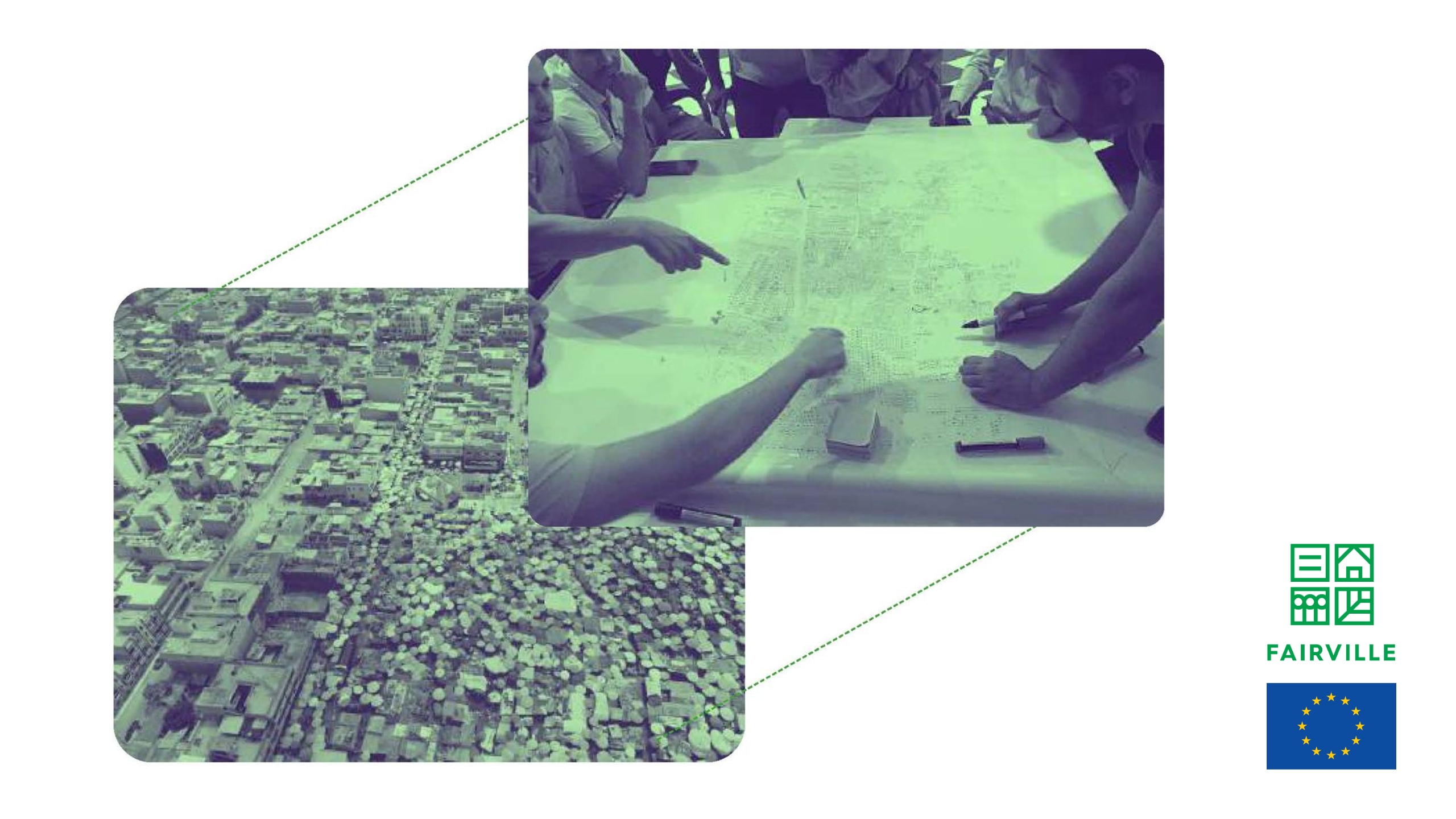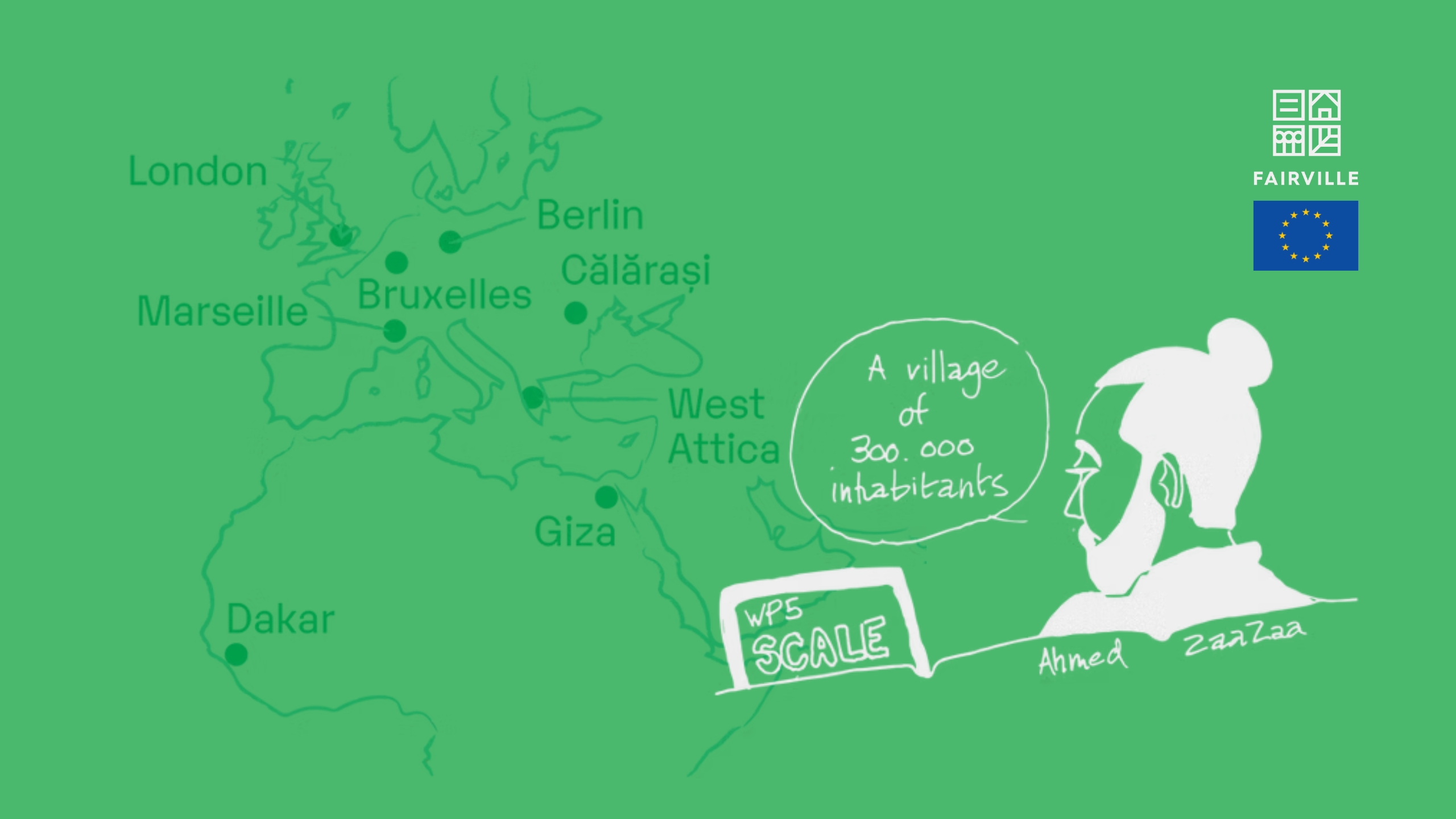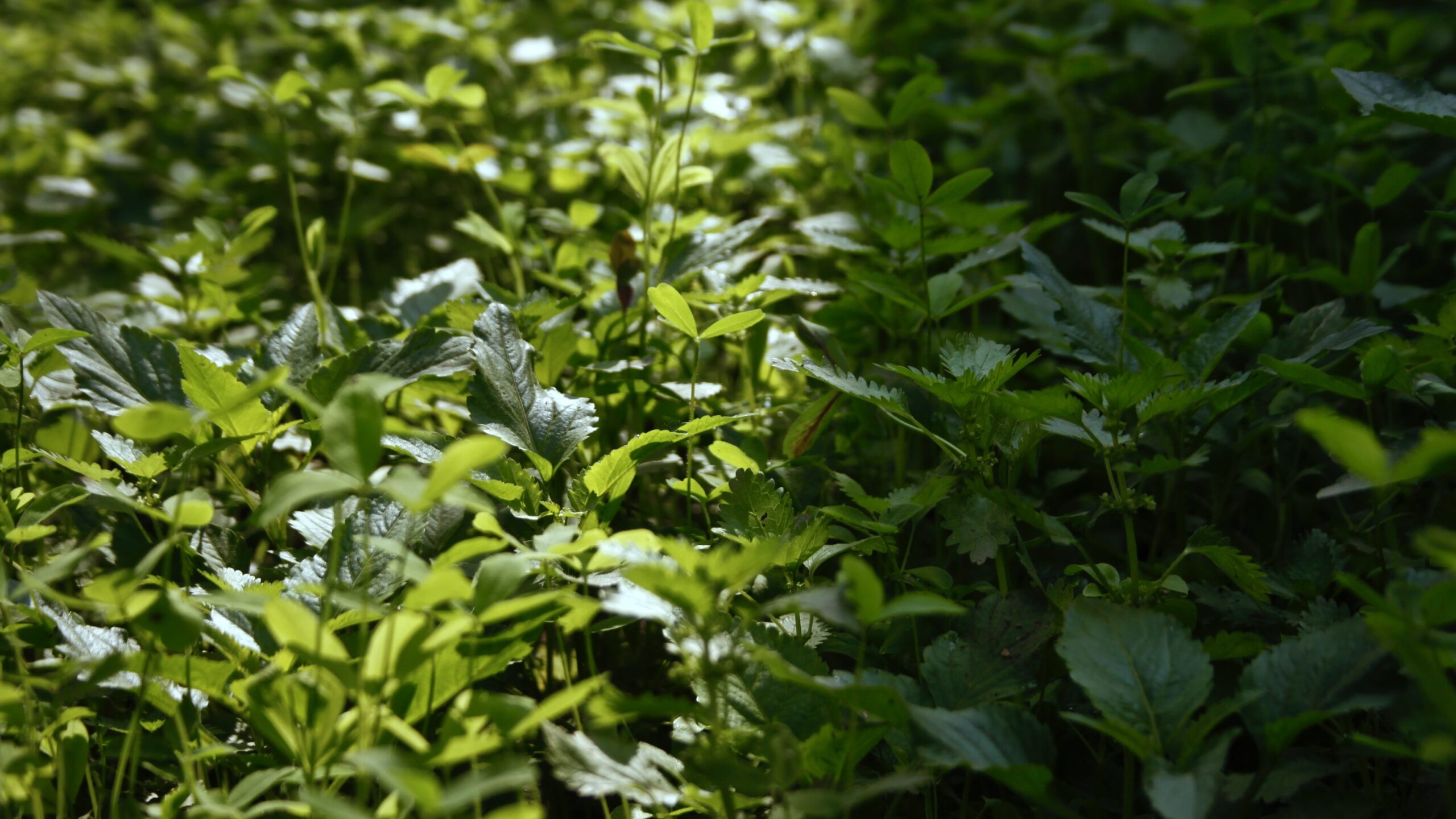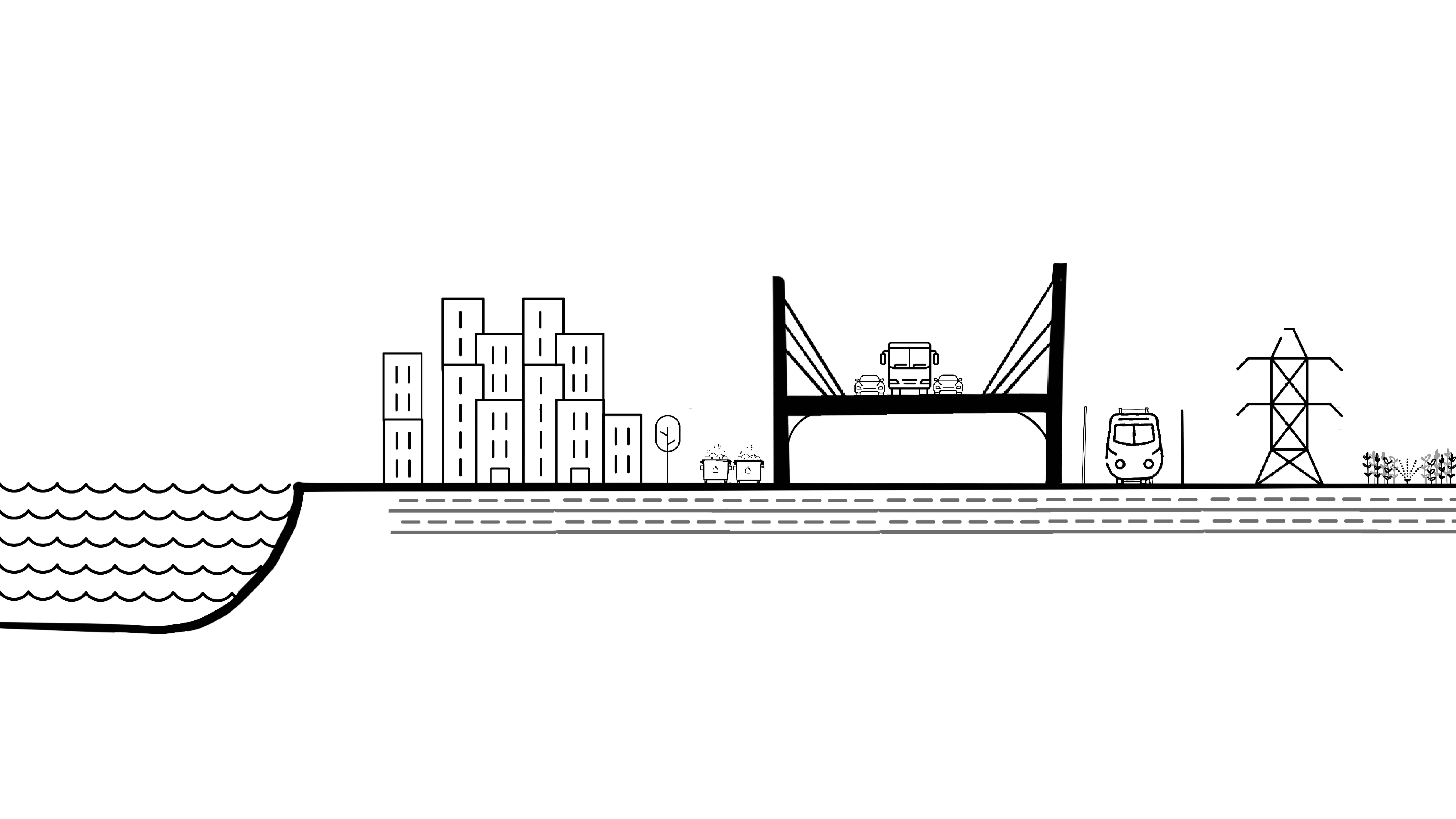The Fairville project team is to host its second public online seminar on the theme of collaborative mapping experiences on November 14, 2024 (2:30 PM) with Ismaili Seye (UrbaSen / Dakar) and Ahmed Zaazaa (North South Consultants Exchange (NSCE) / Cairo). The moderator for the occasion is Agnès Deboulet (LAVUE / Université Paris 8 – CNRS).
Project: FairvilleMutual Learning
With the exponential speed of growth of cities, the rapid urban transition and the increasing pressures on the environment, the detailed and updated mapping of urban space constitutes an important challenge. In that regard, territorial inequalities often result in unequal production of information on urban spaces, especially in precarious neighbourhoods. In very different urban contexts, collaborative mapping experiments (associating technicians, geographers or architects, and local communities) make it possible to provide key data in the face of a series of issues: flooding, environmental degradation, precarious urban infrastructure, and participatory challenges.
This seminar proposes to bring into dialogue original experiences of collaborative mapping, undertaken by members of two organizations of the FAIRVILLE Horizon Europe project: NSCE (Giza – Egypt) and UrbaSen (Dakar – Senegal) organisations. Urbasen is a Senegalese association that brings together technicians and professionals around urban issues, working in collaboration with groups of residents in vulnerable urban areas. NSCE is tasked with the development and coordination of one of FAIRVILLE’s pilot cases in Dahshur, Giza: the Giza Fairville Lab.
The seminar will take place on Thursday 14 November at 2: 30 PM (CET) via Zoom, For participants wishing to attend, we refer to the link below. The seminar will be held in English, but translation into French will be provided.
See also: Fairville seminar: Collaborative mapping of inequal and rapid urbanization Fairville, a Urban Co-Production Research Project of Horizon Europe, explores the links between multi-scalar urban inequalities with democracy and participation. The research proposes to document this entanglement. It also proposes pilots of participatory research-action that engage local academics, authorities, community-based organisations, residents and users in the collective improvement of deprived urban neighbourhoods via a deepening of resident and user participation in new and existing democratic processes.
The idea that urban policies should not be made “for” populations but rather “with” them is a potentially profound engine of social transformation and empowerment. However, the realisation of such co-production processes is often marked by epistemic inequalities and unequal power relations.
Cognisant of this issue, the Fairville pilot cases explore the many ways in which academic researchers, local communities and local authority representatives can work together to reduce the power and information asymmetries among them and address the various issues of urban inequalities.
Clustered around three major themes – environmental inequalities, inequalities related to housing and urban planning and inequalities related to climate risks – and ranging from co-diagnosis to co-planning and intervention, the pilots will be carried out as action research and include the implementation of observation, capitalization, and co-evaluation mechanisms. Co-learning will not be forgotten in this process.





